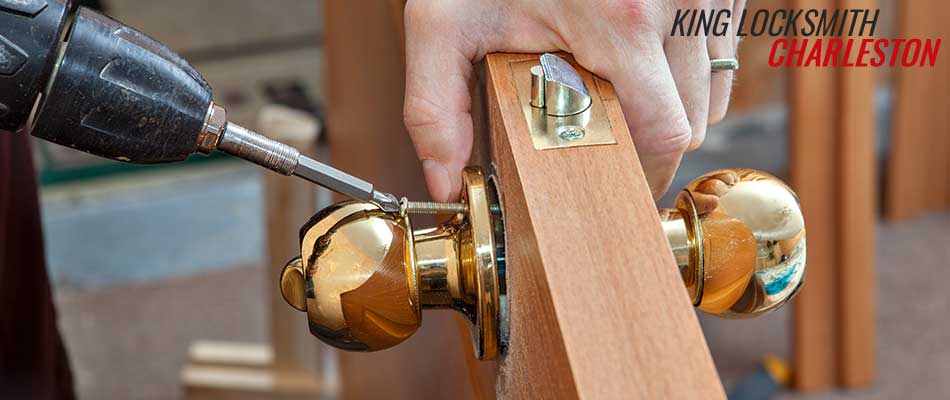Higher Security
The FBI estimates that over 60 percent of US break ins are committed through sheer force - meaning that just because you have any lock in place, doesn’t mean you are protected. You can avoid this by installing a high quality deadbolt lock, a much larger knob or key controlled loock as opposed to spring-controlled locks. These features make deadbolts much more durable and secure. Remember, deadbolt locks need to be installed properly for maximum security, with their steel bolts extending into the doorjamb’s socket. Metal strike plates should be utilized to reinforce the lock hole / socket, and the strike plate should be fixed in place to the doorframe’s studs with at least 3 inch long screws.Customizable Deadbolt Locks
You can choose between many types of deadbolt locks including the popular single-cylinder and double-cylinder varieties. Single-cylinder deadbolts have interior twist knobs that can open and close the door - and a key is used on the outside of the door. Double-cylinder deadbolts needs a key to open or close the door from the inside or the outside. Double-cylinder deadbolts are considered more secure from a crime standpoint, but they are potentially dangerous in the event of a fire. We recommend double-cylinder deadbolts however for doors with glass or window accoutrements. You can also choose to install a keyless cylinder deadbolt that can be operated through a code or biometric fingerprint scan, and can be closed with a button or turn-lock.Security Grading for Deadbolts
Deadbolt locks are tested for durability through highly-regulated ANSI Grade 1 and UL 437 testing. In order for a deadbolt to pass the ANSI Grade 1 Test, it needs the minimum requirements of:- The ability to withstand 10 hammer hits without failing.
- Ability to work up to 250,000 locking and unlocking cycles.
- The deadbolt’s bolt projects at least 1 inch into the doorframe.

